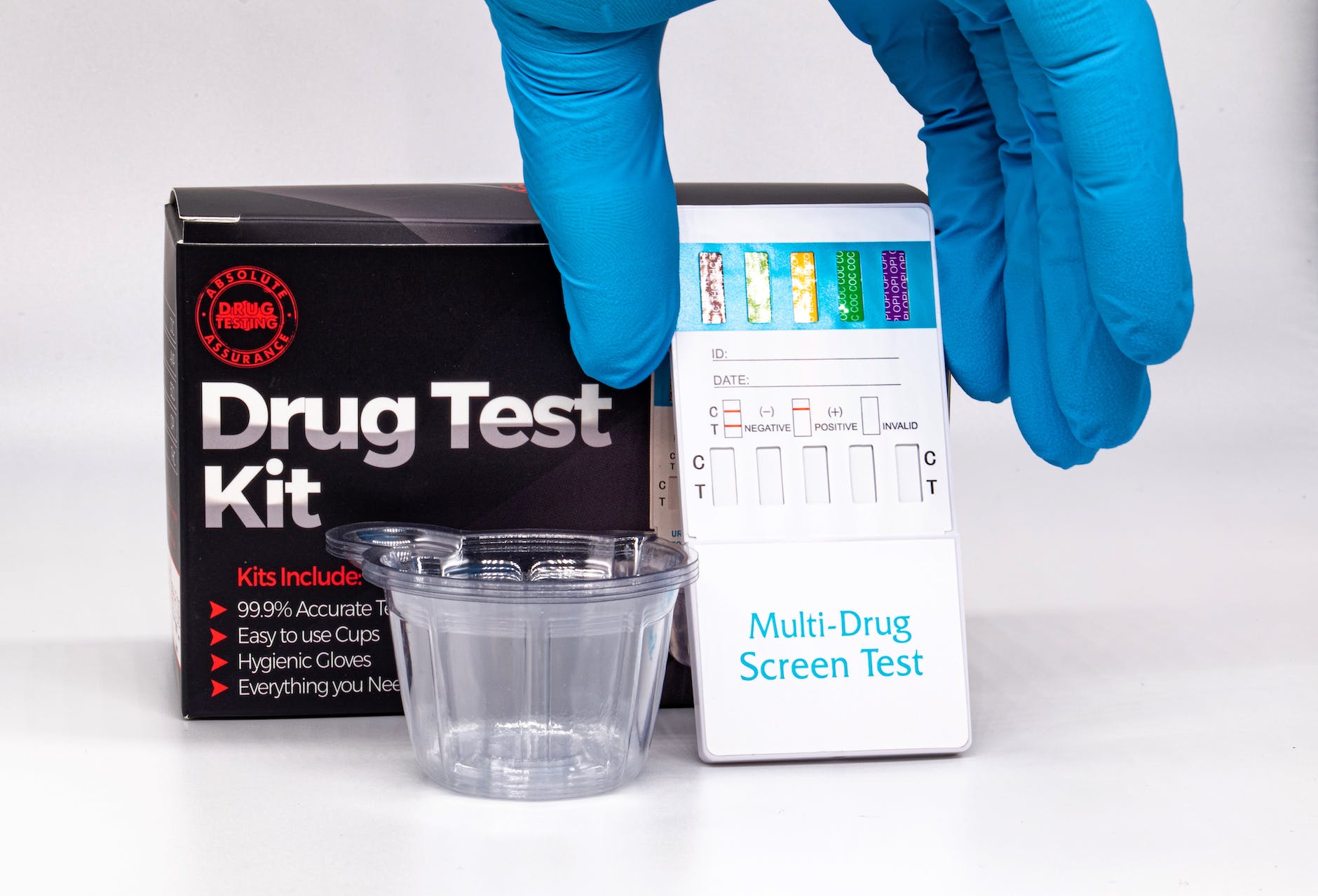Introduction
The legalization and widespread use of cannabis for medical and recreational purposes have sparked discussions about its impact on the workplace. As cannabis becomes more accepted, it’s important to understand how it affects employment policies and drug testing. This article provides an in-depth exploration of the topic, delving into current employment policies and drug testing practices related to cannabis. It also sheds light on the rights and responsibilities of both employees and employers in navigating this evolving landscape.
Cannabis Legalization and Employment Policies
With the changing legal status of cannabis, employment policies have had to adapt accordingly. State and federal laws vary, and this can impact workplace regulations. Companies may have different policies regarding cannabis use, particularly in safety-sensitive positions. Some employers enforce zero-tolerance policies, while others take a more nuanced approach.
Drug Testing and Cannabis
Drug testing is commonly used in the workplace, but it poses challenges when it comes to cannabis. Different types of drug tests are employed, but the detection windows for cannabis use can be longer compared to other substances. Moreover, drug tests may not always accurately indicate impairment at the time of testing. Employees need to be aware of the legal considerations and their rights concerning drug testing for cannabis.
Implications for Employees
Employees must strike a balance between personal cannabis use and their employment. Understanding how cannabis use may affect job prospects and career advancement is crucial. Those who require medical cannabis also need to explore accommodation options and communicate openly with their employers. Being informed about workplace policies and maintaining professionalism is key.
Responsibilities of Employers
Employers have the responsibility to create fair and consistent drug policies that take into account the legal and cultural landscape surrounding cannabis. Educating employees about these policies is essential. Employers must also address concerns related to impairment in the workplace and be familiar with disability laws to accommodate medical cannabis use when necessary.
Conclusion
Navigating the intersection of cannabis and the workplace can be complex due to evolving laws and policies. Employees should understand their rights and responsibilities, considering the impact of cannabis use on their employment. Employers must develop clear policies that balance safety concerns with the rights of employees. Open communication and staying informed about legal developments are crucial for creating a harmonious and inclusive workplace environment.

